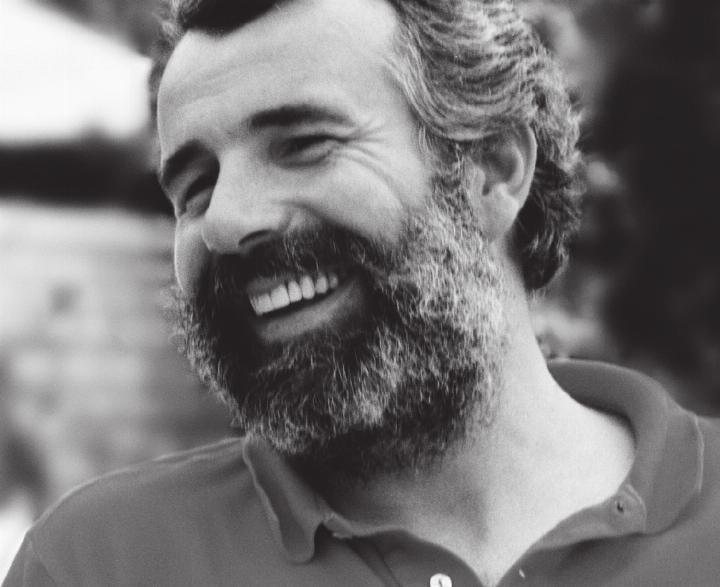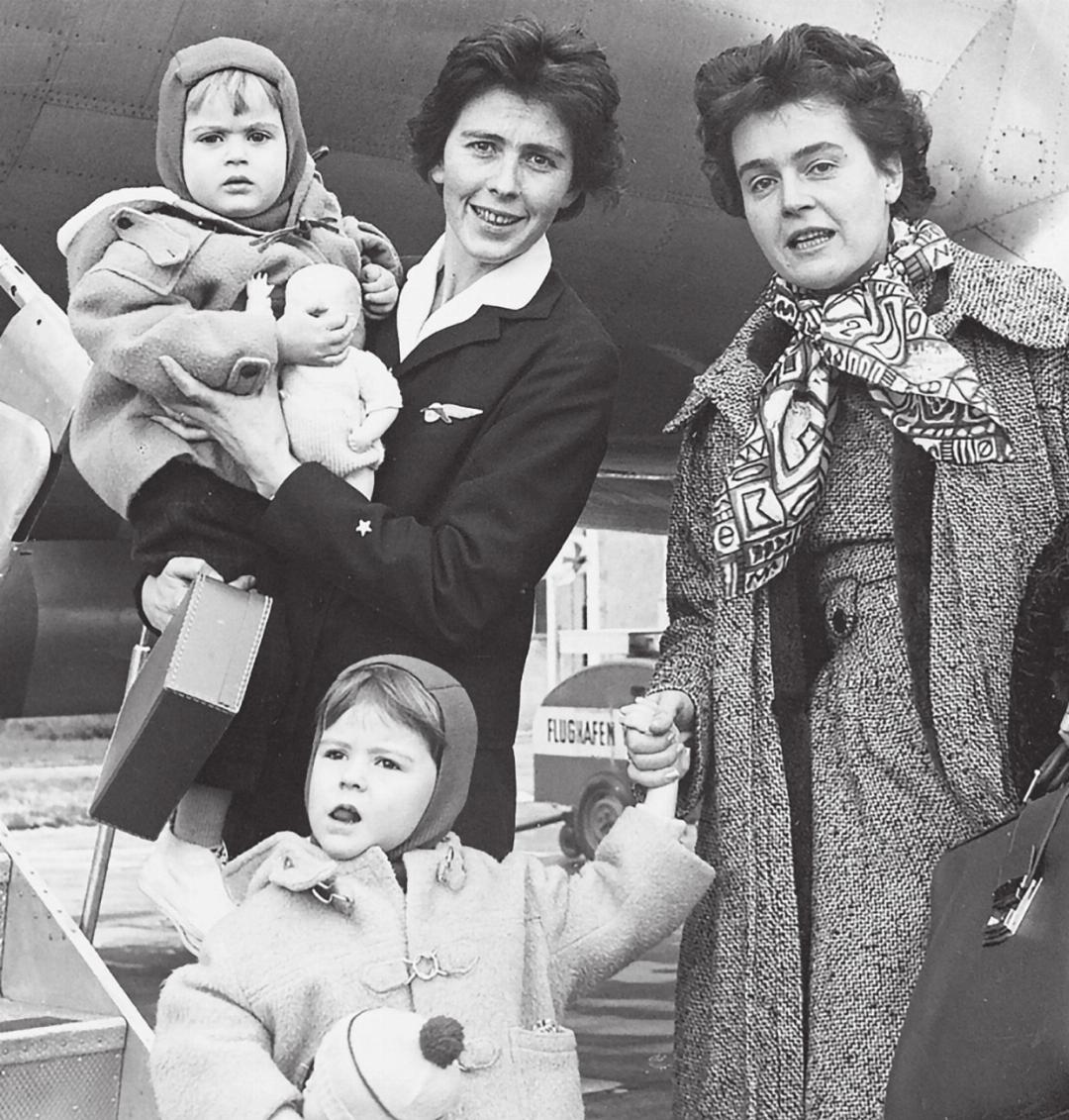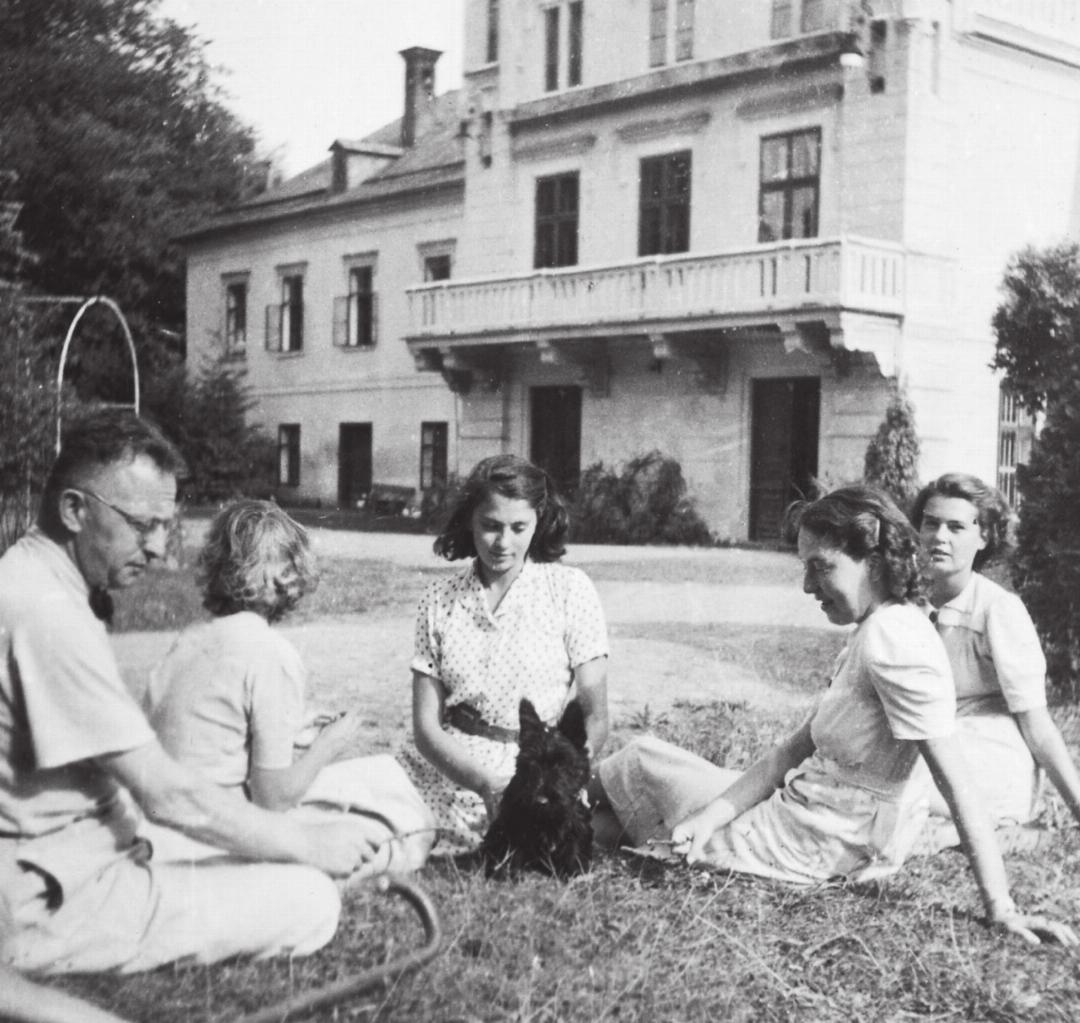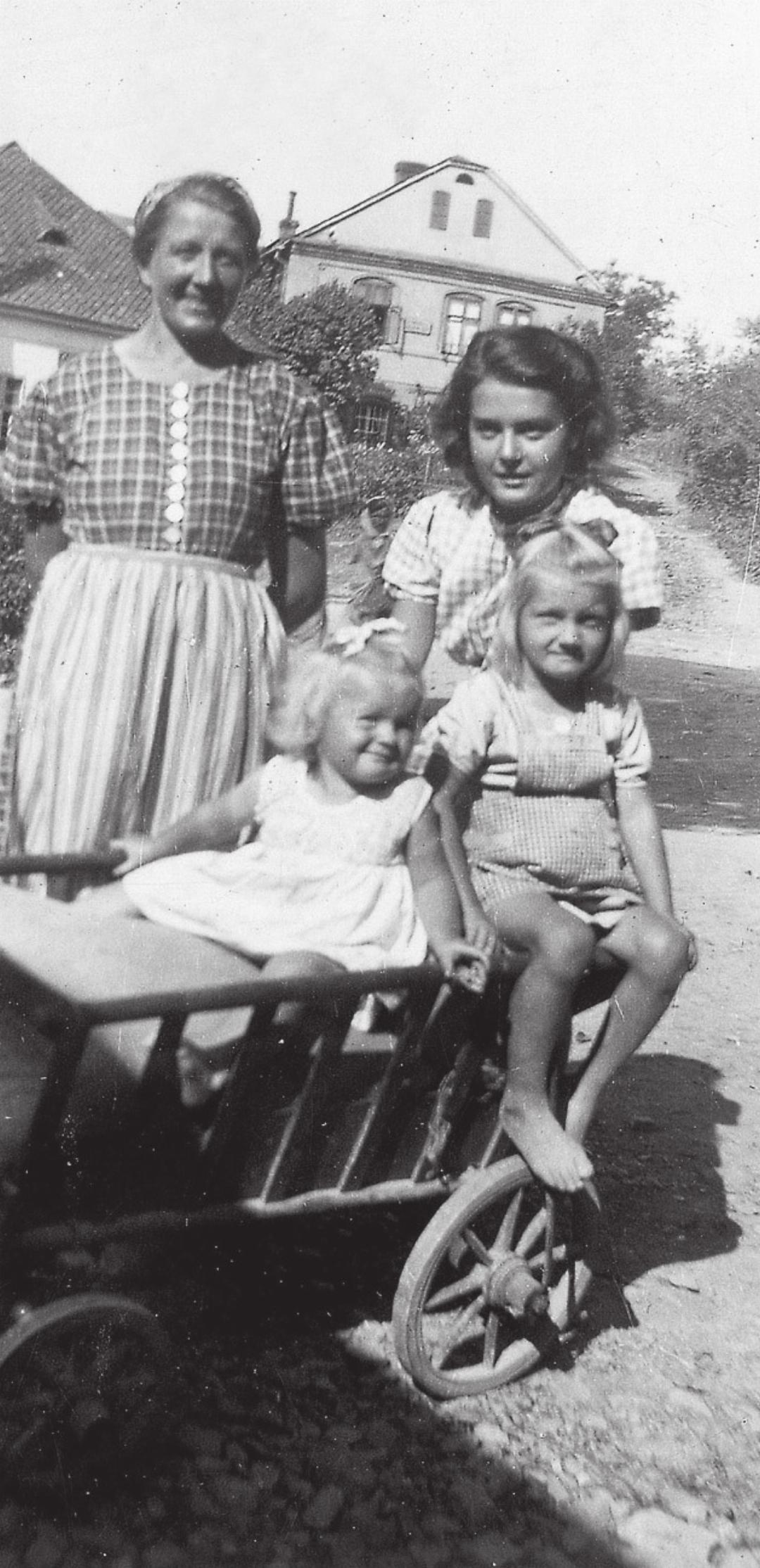Vera Michalski-Hoffmann: to whom much is given, much is expected
01.07.2023 Profile, Profile, Magazine, Arts & CultureDuring WWII, my paternal grandmother Maja Hoffmann Sacher (1896-1989) rented Chalet Aellen in Saanen. Immediately beforehand in August 1939, her second husband, Paul Sacher (1906– 1999), himself a conductor and music patron, commissioned Béla Bartók (1881–1945) to write his ...
During WWII, my paternal grandmother Maja Hoffmann Sacher (1896-1989) rented Chalet Aellen in Saanen. Immediately beforehand in August 1939, her second husband, Paul Sacher (1906– 1999), himself a conductor and music patron, commissioned Béla Bartók (1881–1945) to write his Divertimento for String Orchestra. The Divertimento was for Sacher’s own orchestra and Bartók was his guest at Chalet Aellen. Happily, 80 years later, an exhibition at the Kleines Landhaus in Saanen commemorated this commission which was also performed at the Gstaad Menuhin Festival 2019. The Paul Sacher Foundation in Basel, a research centre for the music of the 20th-21st centuries, curated this exhibition. As a result of his mother’s wartime sojourn in Saanen, my father Luc Hoffmann (1923–2016) was introduced to this region as a teenager, and would himself buy a chalet in Gstaad with my mother, Daria Hoffmann-Razumovsky (1925–2002). Fortunately, their chalet remains in the family. My late husband, Jan Michalski (1953–2002), and I first began visiting my parents here, before buying our own chalet and sending our daughters to Institut Le Rosey.
Unlike most ski resorts in Switzerland, we here are very fortunate indeed to benefit from a superb trainlink which simplifies our lives considerably. Though we take the conveniences of daily life in Gstaad for granted, they are noteworthy and not so prevalent elsewhere in other vacation centres. Already decades ago, even the greengrocer carried an astonishing variety of fresh food, not found anywhere but in a metropolis.
I echo the others you’ve interviewed in these pages. Mine too is a grateful approach to life: grateful for this beautiful environment that shapes us. From birth, I had the great good fortune to grow up surrounded by nature in the Camargue region of southern France. It is impossible to exaggerate its importance. It made a deep impression on me, as it would on any child: leaving me with a lasting love of nature.
There, thanks to a generator, we had electricity during part of the day. Our telephone number was 13, because no one else wanted the bad luck it might bring. To call, we first had to reach the operator located 30 km away whom we knew personally. She would then have to reach the other party, and connect us with them. Until my early teens, I was schooled with our neighbours, including the local fisherman’s son, in one single room; our one teacher taught every subject to a group of about 10 children aged 5 to 14. Thereafter, I continued my education in the nearby city of Arles, but as a day pupil. My father’s mission in life was conservation of nature’s bounty, for lack of a better term. My childhood was spent in appreciating the beauty of the marshy countryside that surrounded us: the wondrous flora and fauna, a veritable symphony of colours as well as sounds which I so miss when in the urban jungle of Paris every week. Five years after he settled here in Switzerland at the Montreux Palace, the novelist, poet, and translator, Vladimir Nabokov (1899–1977) was interviewed by a German journalist at the hotel. He begins by praising his childhood as idyllic. I cannot but concur.
I’m also passionate about my work: both as a publisher and a philanthropist which brings me unbridled joy; a real richness to my life. To have my passion as my profession is indeed a privilege which I never take for granted, but rather value. If there is truth in the old adage that to whom much is given, much is expected, then I’m duty bound. My family instilled this in me through their deeds. They led by example, to use a cliché. Theirs was a nobility of spirit, of which I’m the fortunate beneficiary. I’ll be 70 next year, but nevertheless draw strength from my upbringing. It helped me in coping with the devastating loss of my late husband over 20 years ago. Overnight, I was a widow, and single mother of two young daughters. I’m a firm product of my environment and have tried to instil in my own children the values instilled in me.
Now both in their late thirties, one of my daughters studied architecture in Paris, and the other arts management in New York. I’m the proud grandmother of seven boys.
Introspective by nature, I find ways to pause throughout my day. In a letter, the Great War poet Siegfried Sassoon (1886 –1967) confessed: I “stand aside and look at myself – and laugh”. This trait as well as a balanced approach to life, very much prevalent in my forebears, was coupled with dedication to music. This heritage continues to inspire me today, most especially in Gstaad’s classical music scene. I’m blessed with a good sense of humour which I think essential.
My late husband and I devoted our lives to literature or Using Fiction to Understand the World Today: coincidentally, also the morning discussion at Gstaad’s international literary festival, World of Words, on Saturday June 24th, 2023.
BY ALAN NAZAR IPEKIAN
VERA MICHALSKI-HOFFMANN
holds a degree in political science from the Graduate Institute of International Studies in Geneva. In 1987, she and her Polish husband Jan Michalski founded Editions Noir sur Blanc, to build bridges between the cultures and peoples of Europe. In 2000, the couple grouped in a new entity, Libella, a dozen houses in Switzerland, France, Poland, and the Netherlands: publishing both fiction and nonfiction, in French, Polish, and English as well as illustrated books of drawings, and of photography. In 2004, to honour her late husband, she created the Jan Michalski Foundation for Writing and Literature in Montricher, Switzerland: encouraging the practice of reading by organising exhibitions and cultural events; bringing artists, writers, and readers together in a large multilingual library open to the public; awarding an annual prize for world literature; providing financial support to a very wide array of projects in the field of literature; hosting writers in residence. The recipient of several Polish and French prizes and distinctions together with an honorary doctorate from the University of Lausanne, she is a UNESCO Goodwill Ambassador.
Bibliography
The diary of my maternal grandmother chronicling the end of Tsarists Russia and WWI.
CATHERINE SAYN-WITTGENSTEIN
La Fin de ma Russie: Journal 1914-1919
As these diaries of my mother and aunts make clear, they were mistreated first by their German occupiers starting in 1938 and later post WWII by Czechs.
MARIA, DARIA & OLGA RAZUMOVSKY
Nos journaux cachés: 1938-1944
L’Adieu à la Tchécoslovaquie de notre enfance: Journaux 1945-1946
All three translations into French from the original German are available for purchase locally in Saanen at the Librairie des Alpages.







